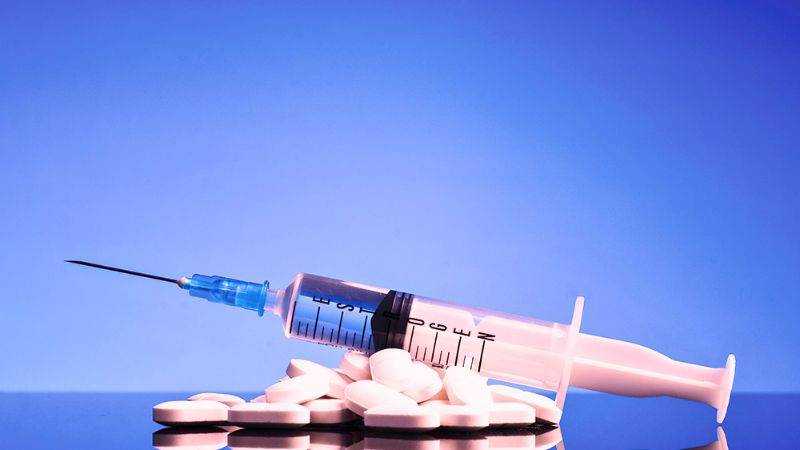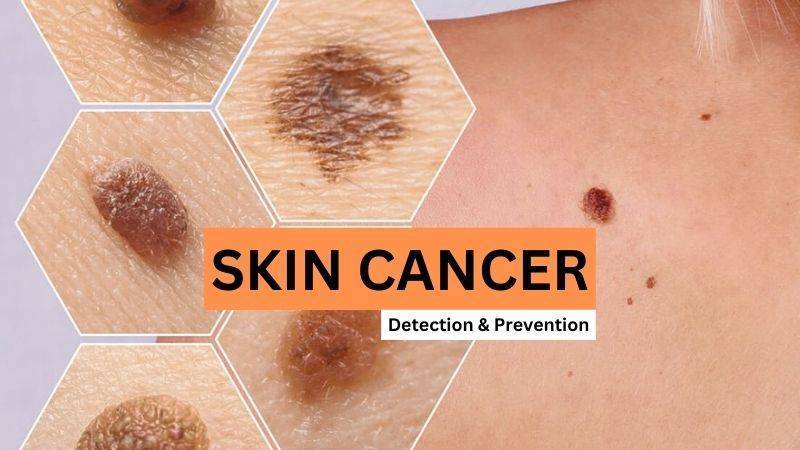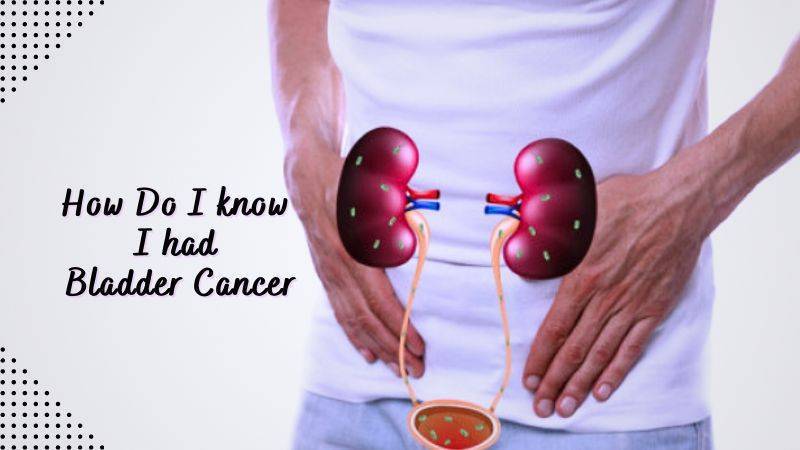Overview
Some types of cancer need hormones to grow and get bigger. So, we say these cancers are sensitive to hormones, or they depend on hormones to develop.
Hormone therapy is a treatment method used in various types of cancer that are hormone-sensitive or hormone-dependent, such as breast cancer and prostate cancer.
This therapy works by either stopping the production of a certain hormone, blocking the hormone’s actions, or by administering synthetic hormones.
The aim is to halt the growth and proliferation of cancer cells.
What are Hormones?

Hormones are like the body’s messenger system. They are natural substances created by special groups of cells called glands.
These hormones travel through our blood and help different parts of our body communicate with each other. They are crucial because they control many of the body’s processes, like growth and energy production.
Think of the endocrine system, the system that produces hormones, like your body’s postal service, delivering important messages to keep everything running smoothly.
Procedure of Hormone Therapy

Hormone therapy is generally administered systemically – that is, it affects the whole body – and can be given in several ways:
Oral Medication: The most common method of administration. Patients take hormone therapy drugs by mouth at home.
Injection: The medication can be injected into a vein or muscle at a hospital or a clinic.
Surgery: In some cases, surgical removal of organs that produce hormones (like the ovaries in women or testicles in men) may be considered as part of hormone therapy.
The course of treatment varies from patient to patient, depending on the type and stage of cancer, the patient’s overall health, and the specific hormone therapy drugs used.
Types of Hormone Therapy
The types of hormone therapy used depend largely on the type of cancer.
In breast cancer, for instance, treatments might involve
- Selective estrogen receptor modulators (SERMs) that block estrogen from attaching to the cancer cells.
- Aromatase inhibitors that stop estrogen production.
- Estrogen-receptor downregulators that reduce the number of hormone receptors in cancer cells.
In the case of prostate cancer, hormone therapy usually involves either
- Androgen deprivation therapy (ADT) to reduce levels of male hormones
- Anti-androgens to prevent androgens from fueling the growth of cancer cells.
Benefits of Hormone Therapy
Hormone therapy can be an effective treatment for hormone-sensitive cancers.
It may be used in different scenarios, such as:
Adjuvant therapy: After primary treatments like surgery or radiation to kill any remaining cancer cells.
Neoadjuvant therapy: Before surgery or radiation to shrink tumors.
Maintenance therapy: To prevent recurrence after primary treatment.
Palliative therapy: To alleviate symptoms in advanced stages of cancer.
Types of Cancer Treated by Hormone Therapy

Hormone therapy is primarily used to treat cancers those cancers influenced by certain hormones.
These include:
Breast Cancer: Many breast cancers are sensitive to the hormone estrogen. These cancers have receptors on their cell surfaces that estrogen can bind to, promoting cell growth. Hormone therapies for breast cancer work by blocking the receptors or reducing the amount of estrogen in the body.
Prostate Cancer: Prostate cancer growth is driven by the male hormone testosterone. Hormone therapy in this context aims to reduce the production or block the action of testosterone.
Ovarian Cancer: Some types of ovarian cancer are hormone-sensitive. Hormone therapy for ovarian cancer might involve the use of drugs that block estrogen production or activity.
Endometrial Cancer: Also known as uterine cancer, endometrial cancer can also be hormone-sensitive, particularly to estrogen. Progestins, synthetic versions of the hormone progesterone, are sometimes used to counter the effect of estrogen on the cancer cells.
Thyroid Cancer: Certain types of thyroid cancer, like differentiated thyroid cancers, respond well to hormone therapy. In these cases, the therapy often involves the use of thyroid hormone replacement drugs to suppress the production of thyroid-stimulating hormone (TSH), which can stimulate the growth of cancer cells.
Not all cancers are hormone-sensitive, and not all hormone-sensitive cancers will respond to hormone therapy.
Therefore, a thorough discussion with healthcare providers is crucial before deciding on a treatment strategy.
Success Rate of Hormone Therapy in Cancer Treatment
The success rate of hormone therapy for cancer depends on a variety of factors such as
- Type
- Stage of the cancer
- Patient’s overall health
- Whether the cancer is hormone receptor-positive
In general, hormone therapies can be very effective for cancers that are sensitive to hormones.
For instance, in breast cancer, hormone therapies can reduce the risk of recurrence by about 50% for women with hormone-receptor-positive breast cancers, which make up about two-thirds of all breast cancers.
Moreover, hormone therapy is usually used as an adjuvant treatment, meaning it’s used in combination with other treatments such as surgery, radiation, or chemotherapy, further improving outcomes.
In prostate cancer, hormone therapy can effectively shrink tumors and slow the progression of the disease, improving survival rates. In some cases, hormone therapy can control prostate cancer for many years.
However, hormone therapy does not cure cancer on its own. Over time, some cancers can become resistant to hormone therapy and continue to grow despite treatment.
Side Effects of Hormone Therapy

While hormone therapy can be beneficial, it can also cause side effects as it impacts the hormonal balance in the body. These may include:
Menopausal symptoms: Hot flashes, night sweats, vaginal dryness, and mood changes are common in women undergoing hormone therapy for breast cancer.
Sexual side effects: Both men and women may experience reduced sexual desire or impotence.
Bone thinning: Some hormone therapies can lead to osteoporosis or bone thinning.
Cardiovascular risks: Some hormone therapy drugs can increase the risk of heart attack, stroke, or blood clots.
Other side effects: Fatigue, nausea, diarrhea, and changes in appetite are also common.
Conclusion
Hormone therapy plays a vital role in managing certain types of hormone-sensitive cancers.
However, like all treatment modalities, it carries its risks and benefits, which need to be weighed carefully with your healthcare provider.
Side effects can often be managed with lifestyle modifications or additional medications.
Regular follow-ups and discussions with your healthcare team are crucial in ensuring that hormone therapy is effective and any side effects are promptly addressed.





